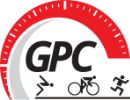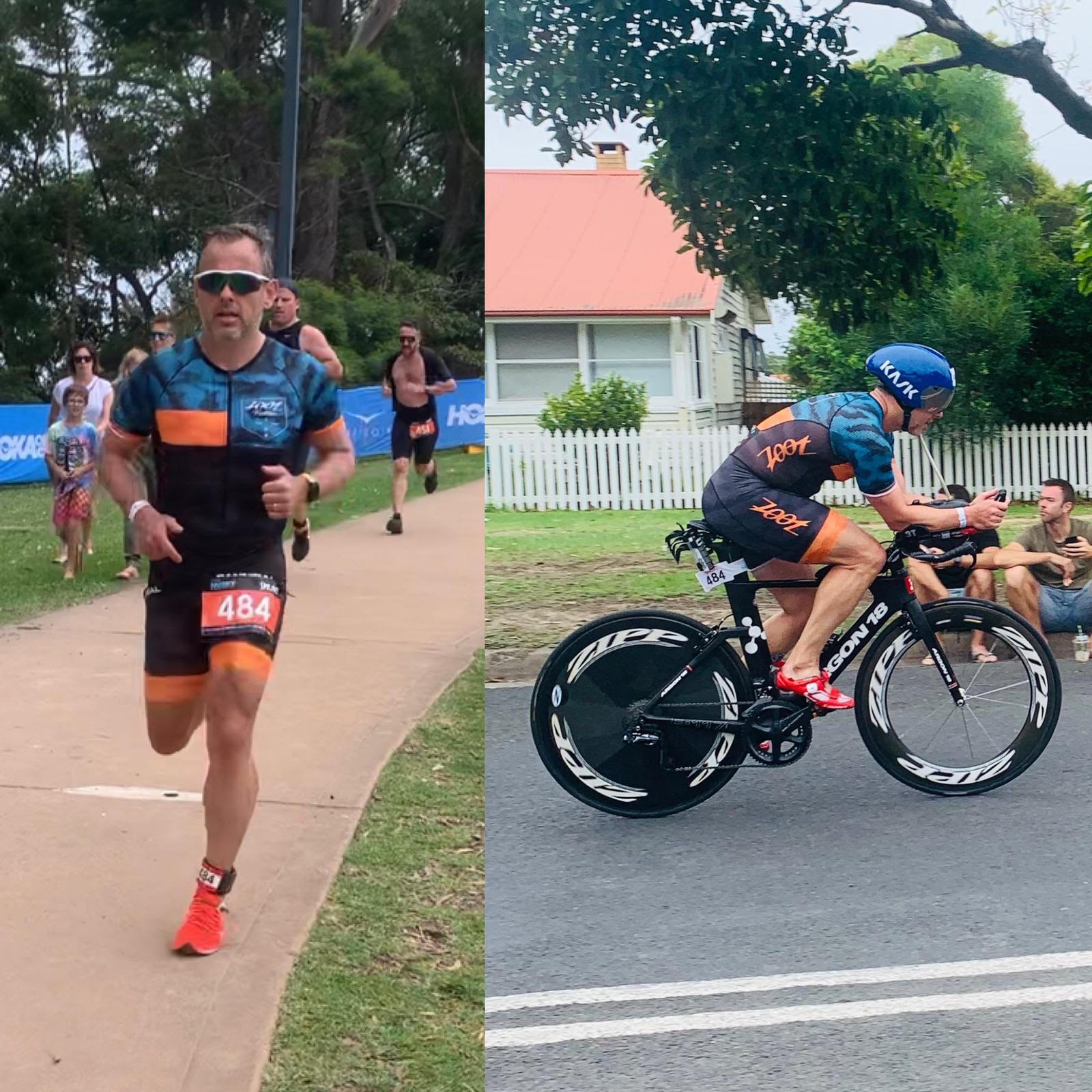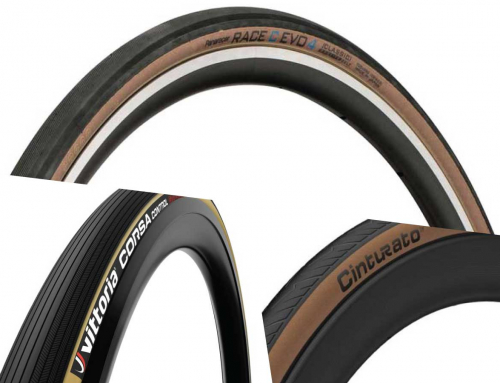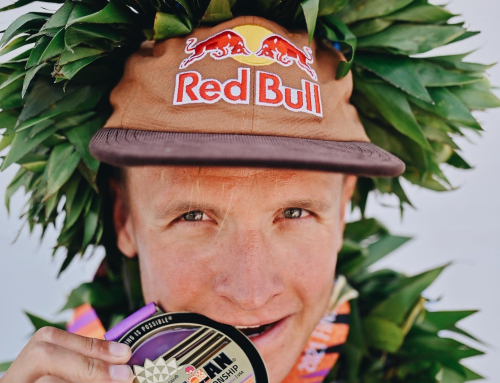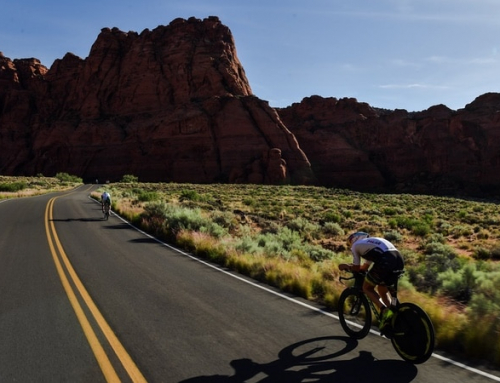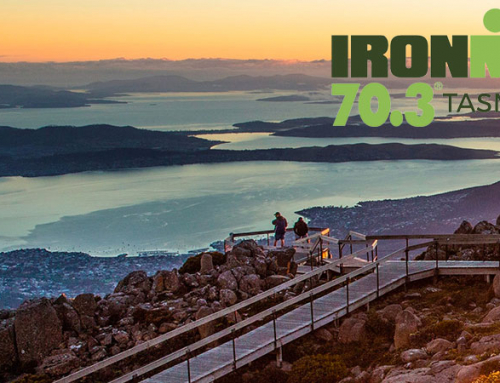This week a good blog from one of our Sydney members, David Jenkins. Dave moved to Australia in 2017. He is English but he spent 10 years in NZ and he is representing NZ when he races. We raced ITU Worlds in Lausanne together and we will race ITU Worlds in Townsville next year together. This is will be a big goal race for him and he will do the Duathlon and Aquathlon:
t is meant to be an easy / recovery day of training. But I am feeling good. I have also just watched (on Instagram) my favourite elite triathlete smash out a sub 15-minute 5km. Sod it. I will go hard today. It will make me fitter and quicker. Plus, I have a race in two weeks.
We have all thought like this, but it can create a spiral downwards and negatively affect your performance. Overtraining and specifically training with too much intensity can cause long term damage to your health.
I am a passionate age group triathlete. I have been to multiple world championships at Olympic and 70.3 distance. Prior to this I was a semi professional rugby player and sport has been part of my life for as long as I can remember.
I have overtrained. I just moved up from Olympic distance to 70.3 and with the longer distance held the belief that I would just need to train longer and with more intensity. Bear in mind I was already training 13-15 hours a week. I was constantly worn out, could not sleep properly, mood swings and just lethargic – it was miserable.
At this point I decided to hire a coach. Best thing I ever did. He looked at what I was doing and said “you are training with far too much intensity. You are 40 years old; you are going to wear yourself out and your performance will go downhill.” He went on to say “you should be training at 80 / 20. 80% Zone 2 and 20% at Zone 5.” I was doing 60% and 40% and was headed for disaster.
Yet, I still did not believe him. “But I watch Jonny Brownlee on Instagram and he is always running quickly. He is also doing big sets on the bike pushing out 400 watts at 5-minute intervals”. My coach replied with “Yes, but he is a professional. He can sleep when he wants, has a great diet and is not running a business like you”. I can also tell you that he has recovery sessions and easy days – you just don’t see them:”.
Two months went by and I stayed true to the new training plan. Lots of long, slow runs and bike rides of 80 – 100km and at a low heart rate. My coach advised that I should do a 10km race as it was winter and needed to get ready for my first triathlon that year. I remember vividly saying “I will be dreadful. There has been no intensity in my run sessions.” His response “just do the race and see how you go”.
It was the fastest time I have ever run 10km. 36 minutes on a hilly course in Mosman, Sydney. I had to see it to believe it and that changed my attitude to training forever.
There is science backed evidence that too much prolonged high-intensity exercise risks heart health (British Medical Journal, 2014). A proper structured training plan is vital to prevent age group triathletes from falling into this trap. I also believe triathletes invented overtraining. It’s not all our fault we have three sports to be good at; However, this also has significant impacts on your long-term health. Too much overload and / or not enough recovery can result in both physiological and psychological symptoms that limit performance (Roy, Brad A., ACSM Health and Fitness Journal, 2015.
I write this to help other fellow triathletes. Getting that PB is a great ambition to have. Being on the podium, training consistently and kicking goals. But do not do this for the sake of your health. I am just as competitive as the next, but I want to be in this sport for the long term. So, take advice, listen to experienced / qualified coaches, follow a plan and don’t believe everything that you see on YouTube and Instagram. Train safe 🙂
